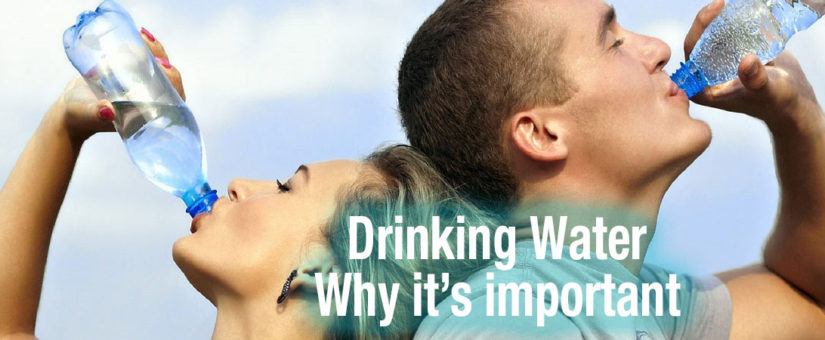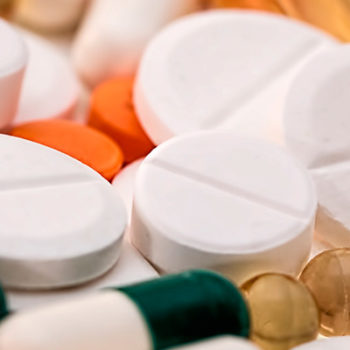
Water: Why it’s Important
- drinking, hydration, water
For Your Health…
Tips on why it’s important and how to benefit
Drinking water is one of the most effective ways to help ensure good health. As an essential nutrient, water is involved in many body functions:
- Regulates body temperature by acting as the body’s natural coolant.
- Aids digestion by softening foods and making it easier to chew.
- Helps maintain regularity by acting as a solvent.
- Aids in the transfer of oxygen and nutrients to all cells of the body.
- Contributes to joint lubrication.
- Filters out impurities.
- Keeps skin soft.
- Helps with allergies by keeping secretions thin, which allows easier flow through the sinus passages.
- Helps prevent fluid retention. When the body senses it doesn’t have enough liquid, it holds on to every drop, leading to water retention. When the body is in fluid balance, excess water is eliminated.
How much water do you need?
You should drink about one-half ounce (15ml) of water for each pound of body weight each day—two-thirds of an ounce (20ml) per pound if you are very active.
Can I drink too much water?
With the exception of certain health disorders, you cannot drink too much water. Your body will only use the water it needs and expel the rest, primarily in urine. If you are drinking the proper amount of water, it is not uncommon to urinate every two hours. This is perfectly normal. As a rule, the lighter color the urine, the more hydrated you are.
Dehydration
Although the body has a reserve of nutrients, it does not have a reserve of water. Once the body runs out of its water supply, it cannot re-hydrate itself, and thirst is an imprecise sign of dehydration. When the body starts getting dehydrated, the signs are both physical and mental.
The symptoms of dehydration range from light-headedness to headaches, dizziness, nausea and vomiting. Dehydration also increases muscle glycogen use, which leads to the onset of premature fatigue.
Along the same lines, chronic fatigue syndrome may be an indication of dehydration. A slight water deficit of only one-quart slows blood circulation and reduces concentration. This is why it is essential to keep the body in proper fluid balance.
Hydration is an especially critical component of senior health. To understand dehydration in older adults, it is important to understand the body as it ages. In addition to the obvious ailments that accompany the aging process, the body’s thirst mechanism begins to diminish. Most older adults lose their sensation of thirst, so they fail to drink enough water and become dehydrated. To make matters worse, this happens at a time when the body naturally begins to lose fluids. By the age of 85, the body’s fluids drop by 10 percent, so more fluids must be introduced to keep the body in fluid balance.
If a higher level of wellness is a personal goal of yours, but you are in need of some external guidance and motivation, contact your neighborhood Pharmacist / Nutritionist / Fitness Professionals at Carnegie-Sargent’s Pharmacy and Health Center. (312) 280-1220. Remember health promotion begins with you!

Ask Your Pharmacist – Have a question for us? Give us a call or stop in for a private consultation. If you’d prefer, send a message below and it may end up in a future Ask the Pharmacist article.
– Mark Paley, Registered Pharmacist/Director


